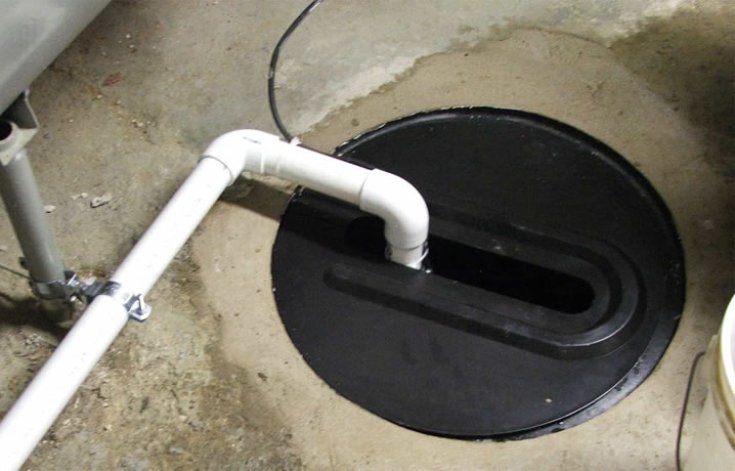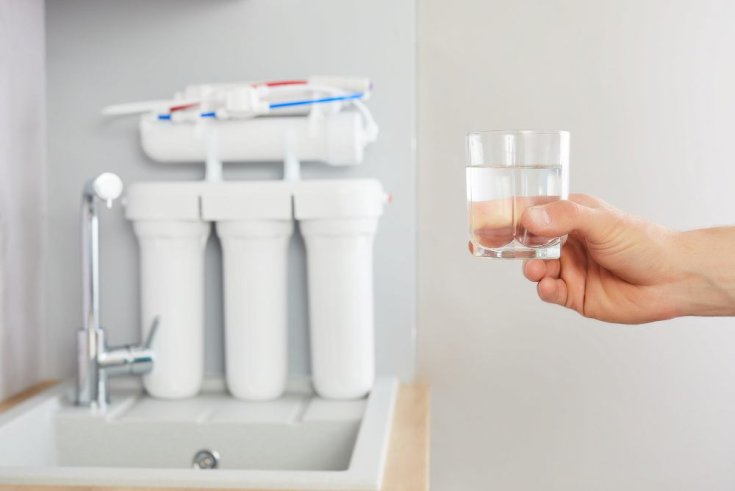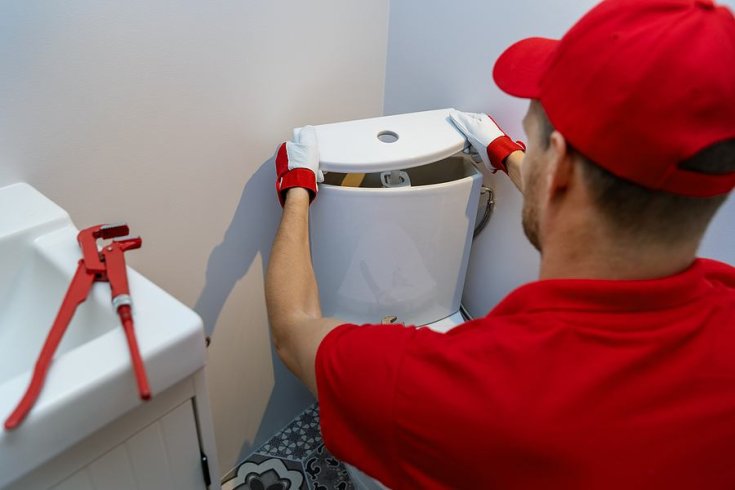In this blog post, our professionals from Sunshine Plumbers will delve into the disparities between sump pumps and ejector pumps, and how knowing these variances can aid in making informed decisions for your plumbing setup.
Sump Pump: Keeping Basements Dry
The unsung heroes of basement waterproofing are sump pumps. These devices, which are installed in the lowest section of a crawlspace or basement, effectively remove excess water that builds up in a sump basin, preventing flooding. The sump pump works when heavy rains or snowmelt raise groundwater levels, moving water away from the foundation of your house and into a specially designated drainage area.
Installing a sump pump is an important job that is best left to the knowledge of a licensed plumber. An experienced plumber can evaluate the design of your basement, choose the best spot for the sump pump, and make sure it's installed correctly to get the most out of it. Homeowners may protect their basements from water damage and mold growth with the help of a plumbing business that specializes in sump pump installation, ultimately maintaining the structural integrity of their properties.
Ejector Pump: Managing Wastewater
While sump pumps are designed to handle groundwater, ejector pumps are designed to manage wastewater from septic systems or plumbing fixtures that are below the main sewer line. Ejector pumps effectively remove gray water and sewage from sinks, toilets, and washing machines to a higher level where it can connect to a septic tank or the main sewer line. They are frequently seen in basements with bathrooms or laundry rooms.
Ejector pumps have to deal with the sediments and debris found in wastewater, unlike sump pumps, which are generally used in clear water. For this reason, regular upkeep and the occasional plumbing repair service is required to avoid blockages and malfunctions. The risk of sewage backups and offensive odors in your house can be reduced by having your ejector pump inspected and repaired on a regular basis by a trustworthy plumbing service.
Key Differences: Sump Pump vs. Ejector Pump
Although minimizing water damage is the common purpose of both sump pumps and ejector pumps, their functions and applications are very different. Particularly made for controlling groundwater, sump pumps have sensors that can detect rising water levels and turn on or off in response. Ejector pumps, on the other hand, are designed specifically to handle wastewater and have to deal with particles and debris, which calls for strong construction and specialist maintenance.
Their different discharge locations represent yet another important difference. Sump pumps typically discharge water outside the home, away from the foundation, while ejector pumps discharge wastewater into the main sewer line or septic system. Selecting the wrong kind of pump for your basement's requirements might result in inefficiency and possible harm, so it's critical to understand these differences.
Need a Reliable Company?
Are you in need of a dependable plumbing service? Luckily, we at Sunshine Plumbers have dedicated workers ready at your service. Contact our representatives for more questions.





